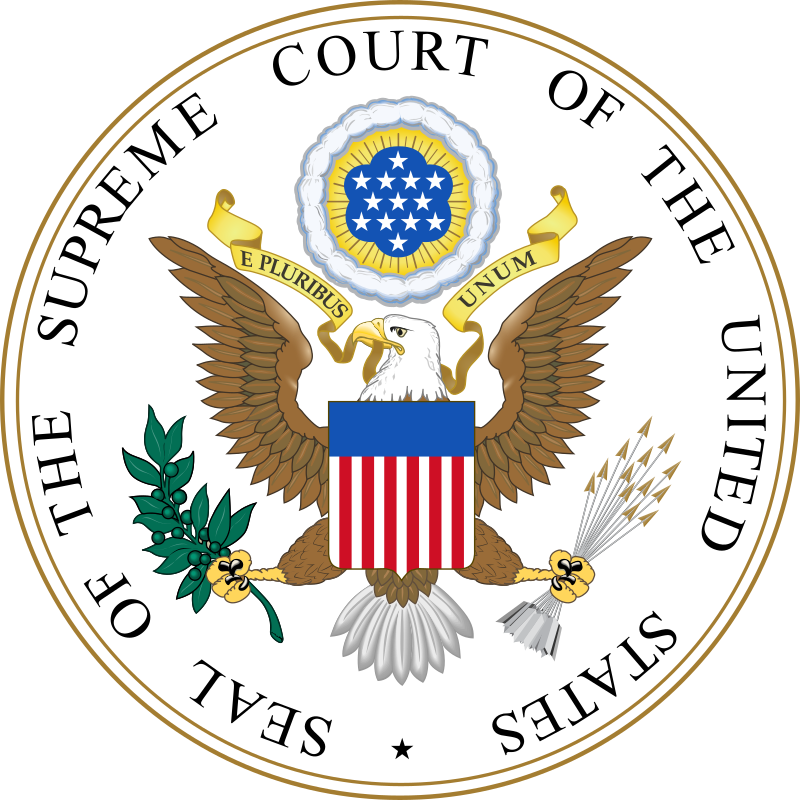In re Debs (Latin: "In the matter of Debs") was a U.S. Supreme Court case that, on this day in 1895, unanimously upheld the government's use of injunctions against labor strikes, specifically the Pullman Strike of the preceding year.
The Pullman Strike was a large national railroad strike led by the American Railway Union (ARU), involving around 250,000 workers in 27 states. The federal government obtained an injunction against the union, Eugene V. Debs, and other boycott leaders, ordering them to stop interfering with trains that carried mail cars. After the strikers refused, President Grover Cleveland forcibly ended the strike with military force.
Debs and four other ARU leaders were arrested and charged with violating the injunction. After the Supreme Court sided with the government, Debs was sentenced to prison and the ARU dissolved.
In re Debs contributed to a widely held belief that the Supreme Court was simply a tool of the wealthy and big business - for the next 40 years business interests hostile to labor unions found the courts willing partners in suppressing strikes through injunction. This practice ended in 1932 with the Norris-La Guardia Act.
